
Popcorn Time ransomware asks victims to infect other computers to decrypt their own files
Ransomware is the malware du jour and those seeking to extract money from victims have started to use a pyramid scheme system to increase the rate of infection. Not content with encrypting a victim's files and holding them to ransom, the Popcorn Time ransomware encourages those who have been struck to pass on the infection.
As is the norm with ransomware, Popcorn Time gives the victim the chance to pay a Bitcoin ransom to decrypt their files, but it also offers a self-described "nasty way" to unlock files for free. Think of it as a ransomware referral scheme.
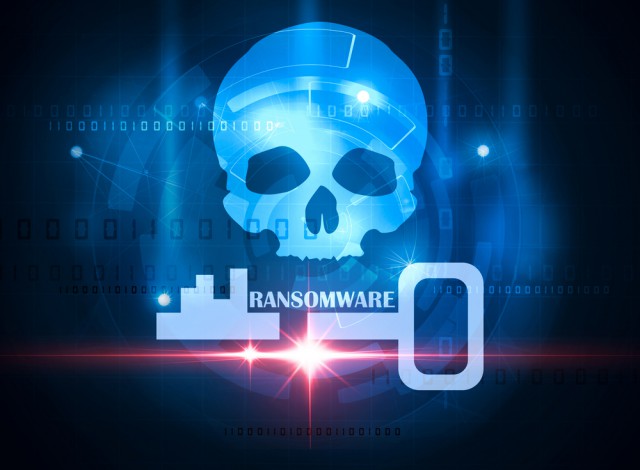
Fighting ransomware in the cloud
A recent survey of 500 businesses revealed that nearly half were brought to a standstill by a ransomware attack within the last 12 months. Ransomware is malware that installs covertly on a victim's computer, executes a crypto-virology attack that adversely affects it, and demands a ransom payment to decrypt it or to not publish it.
There has been more and more documented evidence that ransomware is on the rise, particularly in the UK. It's being used as a sort of testing ground to the point whereby ransomware has become the number one threat facing British organizations in 2016.

The big security problems in 2017
If there’s one thing you can say with certainty about cyber-security in 2017, it’s that many companies are going to fail because they are simply not doing the right thing. Fundamental flaws still exist.
Until the technical people lift their heads up and see that security and business are different sides of the same coin, we will inevitably see more damaging attacks. When security people learn to speak in the language of business they will begin to understand just where in the organization they need to apply their expertise.
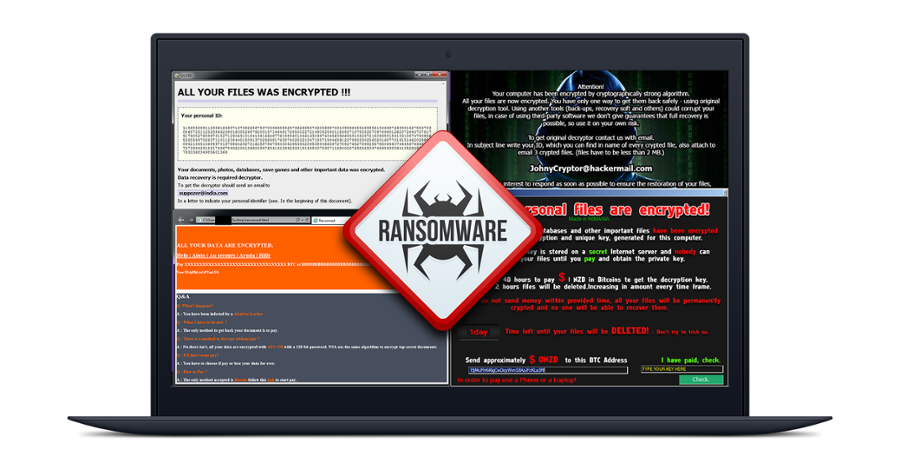
Defeat ransomware with Avast's free decryptors
Ransomware is probably the most malicious form of malware, and if you’ve been hit by it, the effects can be devastating.
You have two choices -- either pay the ransom in the hope your files will be released (not a given by any means), or try to find a way around the problem. If you have a backup of your personal files then you can simply wipe your system, and start over. If you don’t then, a ransomware decryption tool might save the day.

Ransomware attacks to decrease in 2017
Ransomware is expected to deflate a bit next year, but hackers won’t be resting on their laurels, that’s for sure. Instead, they might just move to dronejacking, for a "variety of criminal or hacktivist purposes".
This is according to McAfee Labs, whose new report, the McAfee Labs 2017 Threats Predictions Report, identifies 14 cyber-security trends to watch in 2017.
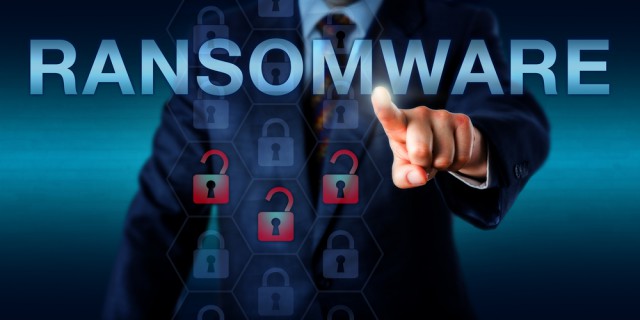
If you're going to San Francisco be sure to travel free with ransomware
The Muni public transport system in San Francisco has been hit by a major ransomware attack over the weekend that left the network having to give passengers free travel.
It's estimated that around 2,000 systems have been affected by the attack, which began on Friday, including ticket machines, servers and Windows workstations.
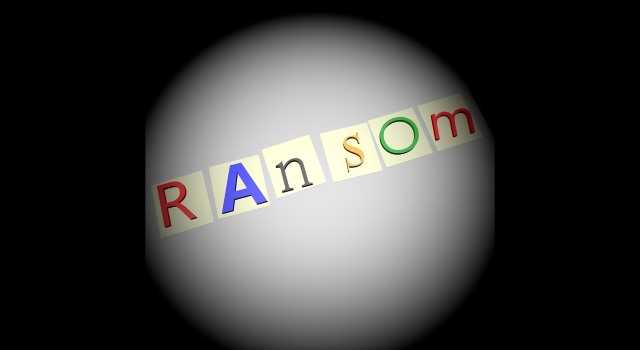
Almost half of businesses have suffered a ransomware attack in the last year
A new survey of over 500 businesses in the US, UK, France and Germany shows that in the last 12 months, 48 percent have fallen victim to a ransomware campaign, with 81 percent having suffered three or more attacks.
The study from endpoint security company SentinelOne reveals employee information (42 percent), financial data (41 percent) and customer information (40 percent) are the types of data most often affected by these attacks.

How storage can help fight malware [Q&A]
We tend to think of storage as being a target when it comes to malware attacks with cyber criminals seeking to steal data or encrypt it to demand a ransom. But in fact technology can make storage part of the solution.
Hybrid storage specialist Reduxio believes innovative storage can be used to fight and defeat ransomware and malware. We spoke to Reduxio's Jacob Cherian (VP of product strategy) and Mike Grandinetti (chief marketing and corporate strategy officer) to find out how.

Malicious spam levels hit two year high
A new report from Kaspersky Lab reveals that its products blocked 73,066,751 attempts to attack users with malicious attachments during the third quarter of this year.
This represents the largest amount of malicious spam since the beginning of 2014 and is a 37 percent increase compared to the previous quarter. The majority of the blocked attachments were ransomware trojan downloaders.

Cerber ransomware now targets databases
Security company McAfee warns that the cybercriminals behind the Cerber ransomware have begun to target businesses as well as individuals by encrypting their databases until payment is received.
During July, those responsible for Cerber launched over 160 campaigns at 150,000 users. These attacks generated $195,000 in that month -- of which the developer behind the ransomware received $78,000. Overall it is estimated that creating and using ransomware to launch cyberattacks earns the creators of the malware and those who employ it in their attacks around $1 million to $2.5 million a year. The infosec firm Trustwave noted in 2015 that a ransomware creator could earn up to $84,000 a month just by selling their malware on the dark web.

Kaspersky tells ransomware victims not to pay up
If your organization ever gets infected by ransomware (and there are good chances it will) it is better not to pay up because you probably won’t get your data back, even if you do pay the ransom.
This is according to a new report by security firm Kaspersky Lab, which urges organizations to instead report the incident to the authorities. It bases its conclusions on a couple of research results -- more than a third (36 percent) of organizations pay the ransom, but around 20 percent still don’t get their files back.
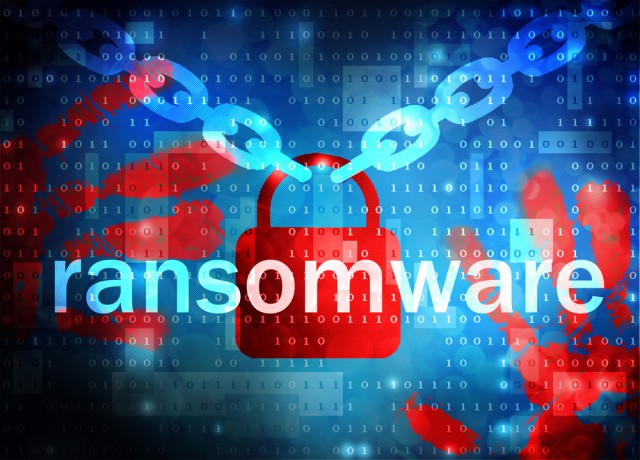
Datto launches new ransomware protection for SMBs
We already know that ransomware is a lucrative business for the attackers. But for the victims, especially smaller businesses, it can prove devastating.
A new solution offering enterprise-class ransomware protection for small and mid sized companies is being launched by data protection specialist Datto. In the event of an attack it aims to shorten downtime, save money and reduce the impact to business, giving companies an effective and reliable alternative to paying hackers' ransoms.

Healthcare staff lack basic cyber security awareness
The consequences of a security breach in the healthcare sector can be severe, yet a new survey reveals that healthcare staff are among the most likely to fall victim to social engineering attacks.
The study from SecurityScorecard exposes vulnerabilities across 700 healthcare organizations including medical treatment facilities, health insurance agencies and healthcare manufacturing companies.

Why anti-malware protection isn't a 'thing' you can buy [Q&A]
Threats like ransomware means it’s more important than ever to keep your computers safe both online and off.
Emsisoft has just released Anti Malware 12, the latest version of its respected anti-malware software, and Christian Mairoll, the company’s CEO, took time to speak to me about the ever evolving threat landscape, the best ways to keep your system safe, and the benefits of paid versus free solutions.

Netskope expands its Threat Protection product to cover ransomware
Ransomware is increasingly big business and more than 43 percent of malware types are used to deliver it. It can also be unwittingly spread via the use of cloud services.
To protect against the threat, cloud security company Netskope is adding ransomware detection and recovery capabilities to its Netskope Threat Protection product.
